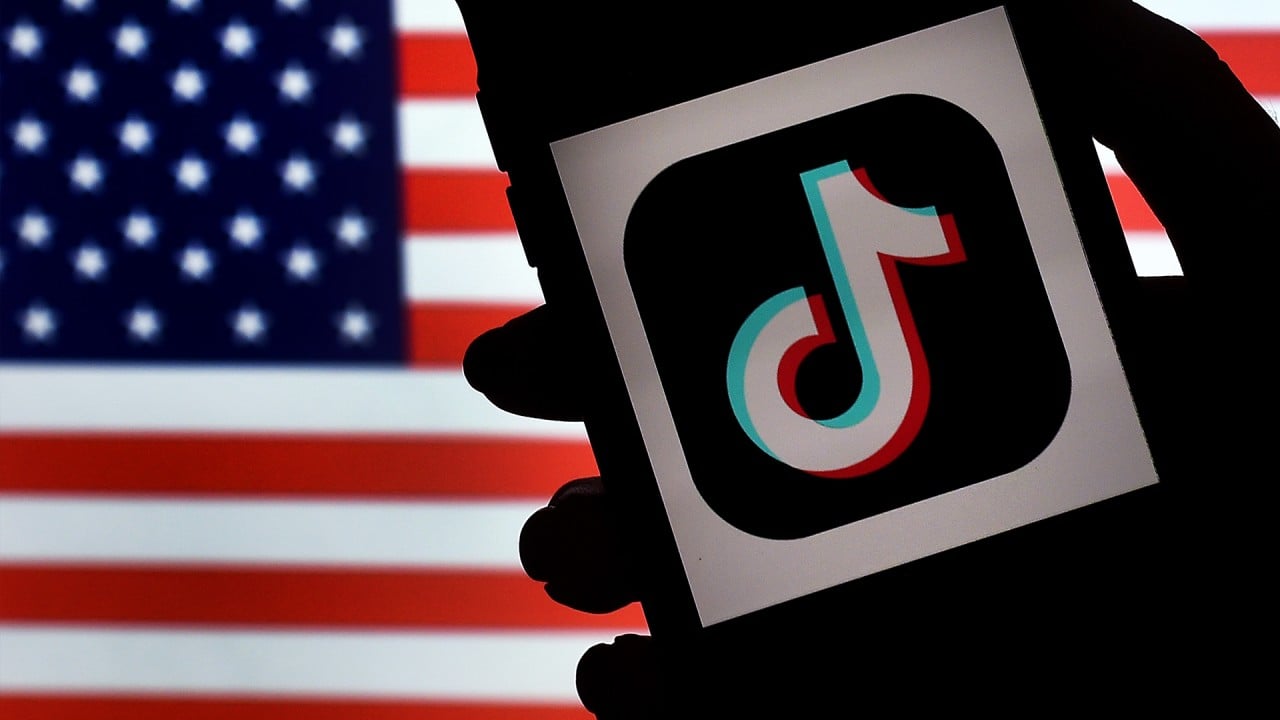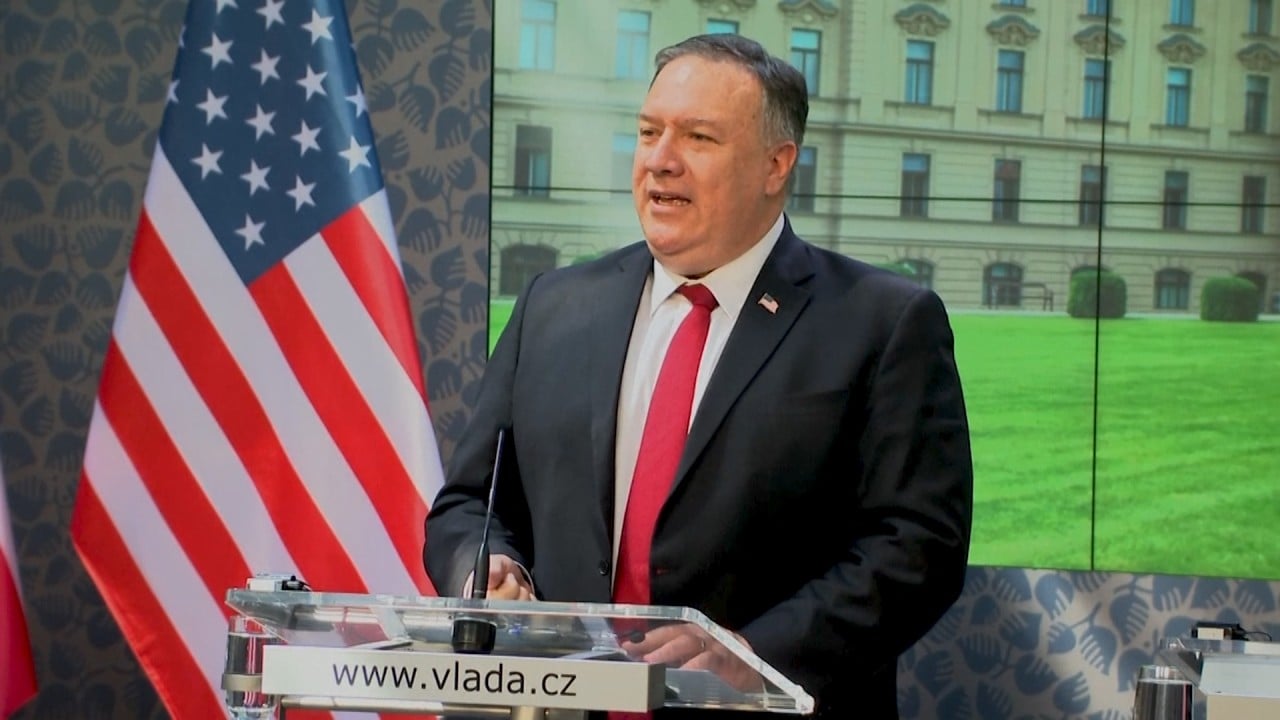
US targeting of Confucius Institutes is just the latest push to gain free and open access to China
- This is not just about language teaching or combating communist infiltration: just like the trade war, this is about opening up China, primarily for US companies. And the main obstacle to this is the Communist Party
Almost every day, the United States takes further steps in a new cold war with China. Sometimes the measures are military, sometimes political, sometimes economic and sometimes cultural. But they all have the same target: the assets and public profile of the Chinese government.
The obvious intention of the directive is to establish administrative hurdles and brand the institutes – which offer Chinese language courses and lectures on China, including Chinese politics – as hostile communist propaganda organs, to discourage American universities from hosting them.
Pompeo’s statement said the institutes are “funded by the PRC [People’s Republic of China] and part of the Chinese Communist Party’s global influence and propaganda apparatus”. Irrespective of its polemical rhetoric, his statement points to one crucial fact: Confucius Institutes are indeed publicly funded, as are most educational institutions in China, including schools and universities.

04:12
US education says no to Chinese resources
Next to trade, education has become a side theatre in the cold war. This war includes a conflict about human rights and free speech as well as between private and public ownership.
The immense gains of a semicapitalist Chinese economy have been partly reinvested in a still extensively state-run infrastructure, including not only substantial segments of core industries (such as the energy sector), but also, for instance, in transport, health and education.
This socialist infrastructure is run and financed under the control of the party. It not only contributes to securing employment for a population of 1.4 billon, but also to offering, if only on a limited scale, access to energy, transport, health care and education to everyone in a developing nation still emerging from poverty.
However, this rhetoric is also informed by an economic and ideological subtext. State ownership is attacked to allow inroads for American and international free-market forces.

03:07
Stop offering ‘untrusted’ Chinese apps like TikTok and WeChat, Washington urges US tech companies
What remains socialist in China, or, in Pompeo’s words, what is “funded by the PRC”, is discredited as a tool of an oppressive regime. In this way, anything publicly owned in China, including public educational institutions, can be profiled as tyrannical in essence, and as in need of being set free.
This opening up is best legitimised by negatively profiling the respective states and their governments so that the opening up appears not just as an economic liberation but, more importantly, a political liberation.
The beauty of a rhetoric of liberation is that it not only appeals to conservatives on the right, but also to progressives on the left. In the West, the Chinese state is widely regarded as an illiberal, and thereby also illegitimate, regime.

00:43
China’s Communist Party at odds with entrepreneurship, says US Secretary of State Pompeo says
The conflict over the Confucius Institutes reflects a conflict about branding China and its government. The Chinese government had intended the institutes to be a symbol of national pride and rejuvenation. They were meant to be an invitation to the world to familiarise itself with modern China. But this did not work out as planned.
For the Trump administration, as for others with a different kind of liberal leaning, the Confucius Institutes are just another manifestation of Chinese authoritarianism and a regime that stubbornly resists Western-style human rights. Closely tied to this conflict about branding is a conflict about the control of the Chinese economy and society.
Are the Chinese economy and society, like the education system, to be left in the hands of the Communist Party, or are they in need of full-scale liberalisation and privatisation?
It can be safely assumed that Pompeo is looking forward to not only Chinese educational institutions, but all of Chinese society, and especially its economy, being set free from the control of its present government.
Dr Hans-Georg Moeller is a professor in the Philosophy and Religious Studies Programme at the University of Macau

